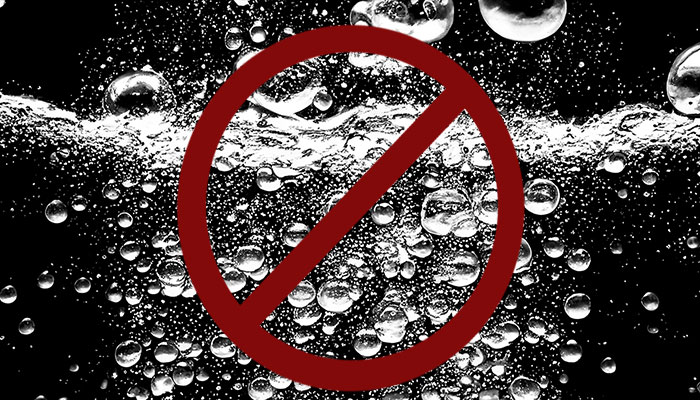
Food and oxygen are the basic fuels that we need for the cells of our body to do their jobs. People with COPD have to expend more energy breathing. Because their exhales are not always efficient, they tend to develop high levels of carbon dioxide. Not good.
Fortunately, there are food choices that can reduce the problem and provide maximum efficiency for breathing. Check these out:
Foods to limit
- “Gassy” foods. Beans, cauliflower, brussels sprouts, and broccoli are examples, and so are carbonated beverages. They cause the stomach to expand, which puts pressure on the diaphragm. Some people also get gas from apples, stone fruits (e.g., apricots, peaches), and melons.
- Sugars. Simple carbohydrates (sugars and starch) produce more carbon dioxide than do fats or proteins. They make more work for the lungs. Avoid candies, cookies, cake, and soft drinks.
- Salt. It can cause the body to retain fluid, making it harder to breathe.
- Dairy. Milk and cheese often produce thicker phlegm, making it difficult to keep the lungs clear.
- Fried foods. While healthy fats are good, the fats that are typically used in frying—saturated fats that are hard at room temperature, such as butter or lard—often cause bloating and indigestion. This puts pressure on the diaphragm, making it harder to breathe.
Foods to eat
People with COPD need more protein and calories to build up the muscle of the diaphragm and to provide fuel for the extra effort they have to expend to exhale effectively. Carbohydrates provide calories, but have the side effect of increased carbon dioxide. A focus on healthy fats and proteins is the best way to help your loved one keep carbon dioxide low and calories sufficient for the extra work of breathing.
- Healthy fats. Polyunsaturated fats provide calories without the carbon dioxide that carbohydrates tend to produce. Natural sources of these “healthy fats” include avocados, nuts and seeds, oily fish (e.g., salmon, mackerel, sardines), olives, and olive oil.
- Protein. Eggs, lean red meat, and oily fish are excellent sources of the proteins that provide the building blocks for the muscles needed to handle heavy respiration.
- Water. To make it easier to keep the lungs clear, have your loved one drink between six and eight 8-ounce glasses of noncaffeinated beverages each day. Good hydration will help keep phlegm thin and easier to cough up. Best to drink water between meals.
When to eat
- Smaller, more-frequent meals are optimal. Try for five or six per day. It’s harder to breathe when your stomach is full. Similarly, reduce fluid intake at mealtime to keep the stomach from getting distended.
- Eat the big meal in the morning. This will provide an energy boost ahead of the day’s activities rather than closer to bedtime.
As always, check with a doctor or dietitian to determine the diet that is right for your loved one.



